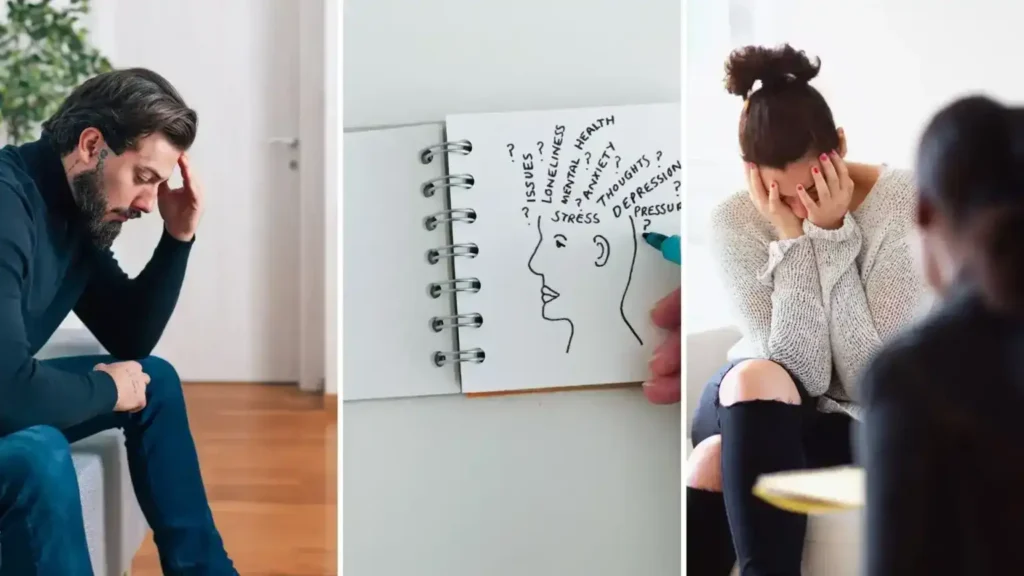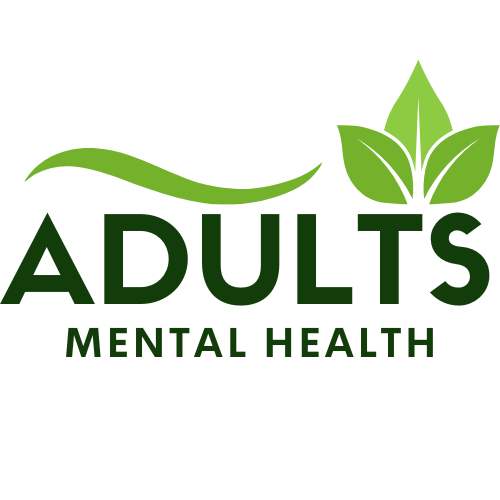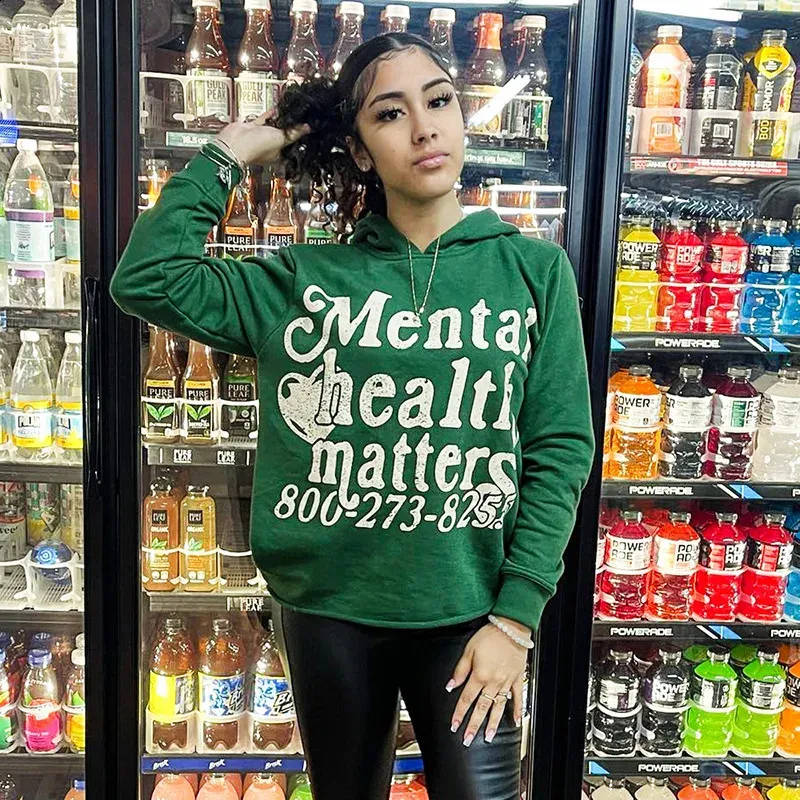Mental health is the foundation of our overall well-being, influencing how we think, feel, and interact with the world around us. It’s not just the absence of illness but the presence of emotional resilience, self-awareness, and the ability to cope with life’s challenges. Prioritizing mental health empowers us to build stronger relationships, make meaningful decisions, and live more balanced, fulfilling lives.

Mental Health – Causes, Symptoms, Treatment & Help

Causes:
Mental health conditions can arise from a combination of biological, psychological, and environmental factors. Common causes include:
Genetics and family history
Brain chemistry or neurological imbalances
Trauma or abuse (past or present)
Chronic stress or life-changing events
Substance abuse
Loneliness or social isolation
Not everyone exposed to these risk factors will develop a mental health issue, but they can increase vulnerability.
Symptoms:
Symptoms of mental health conditions vary widely but often include:
Persistent sadness, anxiety, or irritability
Withdrawal from social activities or relationships
Trouble sleeping or sleeping too much
Difficulty concentrating or making decisions
Feelings of hopelessness or worthlessness
Changes in appetite or energy levels
Thoughts of self-harm or suicide (seek immediate help)
Recognizing early signs is key to getting timely support.
Treatment:
Effective treatment depends on the specific condition and individual needs. Common options include:
Therapy: Cognitive Behavioral Therapy (CBT), talk therapy, trauma-focused therapy, and more
Medication: Antidepressants, mood stabilizers, or antipsychotics prescribed by licensed professionals
Lifestyle Changes: Regular exercise, healthy diet, mindfulness, and stress management techniques
Support Systems: Support groups, peer counseling, and family involvement
Many people benefit most from a combination of these approaches.
Getting Help:
If you or someone you know is struggling, you’re not alone — help is available. Speak to a licensed mental health professional, consult your primary care provider, or reach out to a trusted helpline. Early intervention can make a significant difference in recovery and quality of life.
Genetics and family history
Brain chemistry or neurological imbalances
Trauma or abuse (past or present)
Chronic stress or life-changing events
Substance abuse
Loneliness or social isolation
Persistent sadness, anxiety, or irritability
Withdrawal from social activities or relationships
Trouble sleeping or sleeping too much
Difficulty concentrating or making decisions
Feelings of hopelessness or worthlessness
Changes in appetite or energy levels
Thoughts of self-harm or suicide (seek immediate help)
Therapy: Cognitive Behavioral Therapy (CBT), talk therapy, trauma-focused therapy, and more
Medication: Antidepressants, mood stabilizers, or antipsychotics prescribed by licensed professionals
Lifestyle Changes: Regular exercise, healthy diet, mindfulness, and stress management techniques
Support Systems: Support groups, peer counseling, and family involvement
Latest Posts
Floods are the most destructive natural disasters Pakistan has ever suffered. It was the same story...
Mental Health has, rightly so, become the subject of a conversation in this fast-paced...
July 25, 2025
Behavioral Support,Blog,Emotional Health,Mental Health,Psychological Disorders
Bytariqazam3
Journaling Journaling is an effective exercise that facilitates self-analysis, emotional discernment...
July 25, 2025
Behavioral Support,Blog,Emotional Health,Mental Health,Psychological Disorders
Bytariqazam3
You can create and personalise your own daily affirmations to meet your goals or struggles. Here...
July 25, 2025
Behavioral Support,Blog,Emotional Health,Mental Health,Psychological Disorders
Bytariqazam3
Psychological resilience is the capacity to maintain function and competency in the face of stress...
July 25, 2025
Behavioral Support,Blog,Emotional Health,Mental Health,Psychological Disorders
Bytariqazam3
Mental clarity is the ability to have clear and focused thoughts and a clear state of mind. It is the...
July 25, 2025
Behavioral Support,Blog,Emotional Health,Mental Health,Psychological Disorders
Bytariqazam3
By 2025, mental health awareness is a must – as we work towards a world where society prioritises...
July 25, 2025
Behavioral Support,Blog,Emotional Health,Mental Health,Psychological Disorders
Bytariqazam3
Emotional, psychological and social well-being These combined make up the mental healthiness that...
July 25, 2025
Behavioral Support,Blog,Emotional Health,Mental Health,Psychological Disorders
Bytariqazam3
Emotional well-being, resilience and living a balanced life are just some of the benefits of mental...






